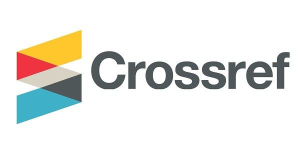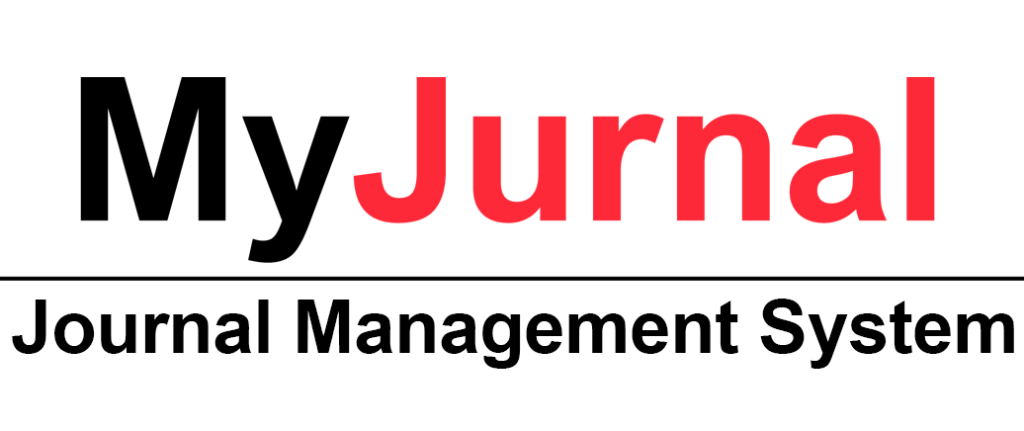Influence of Curriculum and Demographic Factors on Somali Students’ Civic Outcomes
DOI:
https://doi.org/10.31436/ijes.v8i1.305الملخص
Somalia is one of the most fiercely divided countries in the world. The people of Somalia face an identity crisis as they have more than one identity (i.e., clan, national, and religious). In addition to this, the development of good Somali citizens is impeded by the absence of a nation to belong to, as there are clan-based states, a lack of clarity as to whether the nation serves the needs of individuals or clans, and an absence of a feeling of obligation towards the nation. These various issues have led to an imperative need to explore how education as a whole and the curriculum, specifically, can build good Somali citizens with a sense of national identity and a participative attitude. Therefore, the current study investigated whether curriculum can be a panacea for the above-mentioned issues. A total of 400 Somali students in their final year of secondary education participated in this study in a cross-sectional survey. The data were analysed using multiple regression analysis. The study found that formal curriculum is a statistically significant contributor to civic development, and is potentially influential in building good citizenship and a national identity in students, hence paving the way for their progressive civic participation in the future. In addition, non-formal curriculum significantly influenced two out of three civic outcomes, i.e., national identity and civic participation. Male and female Somali students differed in their notions of national identity and good citizenship, but demonstrated the same level of or tendency for civic participation. Interestingly, parental education did not exercise any significant influence on any of the civic outcomes. Based on the results, the study recommends that a systematic analysis of the Somali education curriculum be conducted to properly assess the richness and depth of its content in relation to the required standards and coverage of civic education.
المقاييس
التنزيلات
منشور
كيفية الاقتباس
إصدار
القسم
الرخصة
الحقوق الفكرية (c) 2020 IIUM Press, International Islamic University Malaysia

هذا العمل مرخص بموجب Creative Commons Attribution 4.0 International License.
The Journal will own copyright to all published works and have the right of first publication, both in print and online, unless other arrangements are made with the Editors in advance. It is the author`s responsibility to ensure that where copyright materials are included within an article the permission of the copyright holder has been obtained beforehand.






















